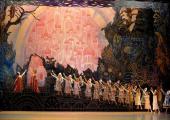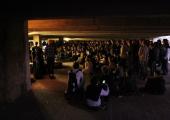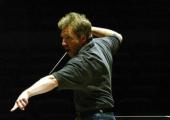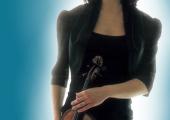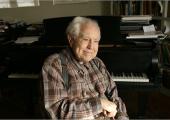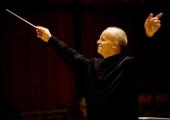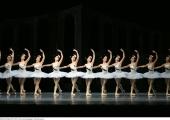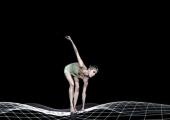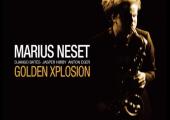Classical CDs Weekly: Poulenc, Saint-Saëns, Stravinsky
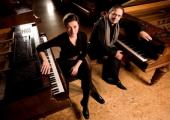
A Gallic flavour to two period-instrument recordings and classic ballet scores
There's a Gallic flavour to this week's new releases, with two unusual recordings of orchestral music played on period instruments. And there's a set of seminal 20th-century ballet scores, played by a wonderful French orchestra under their much-missed Russian principal conductor.

